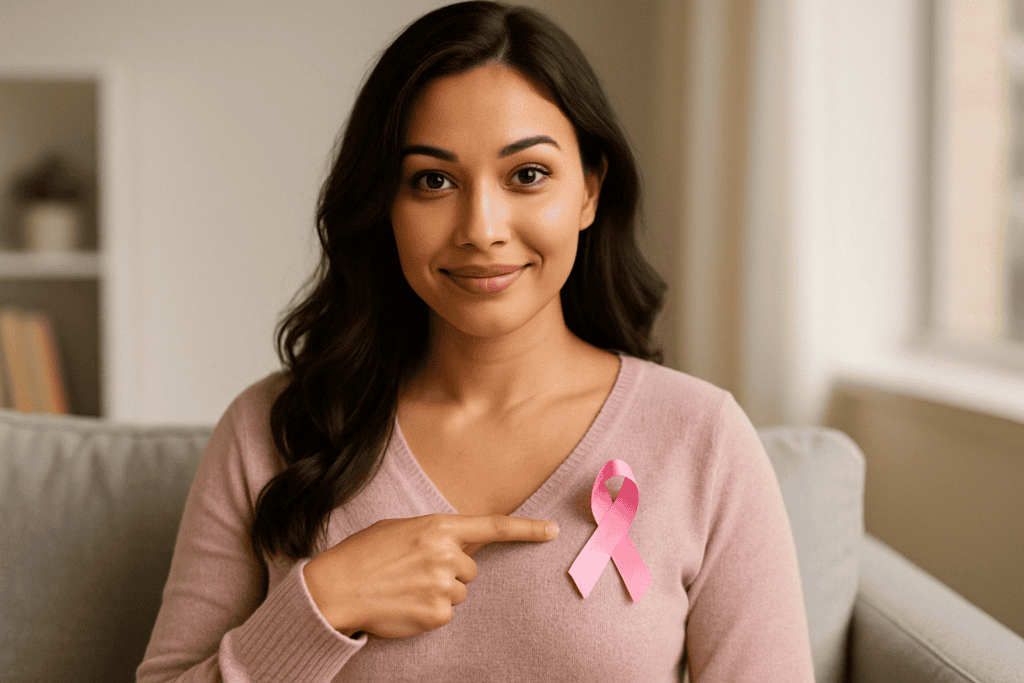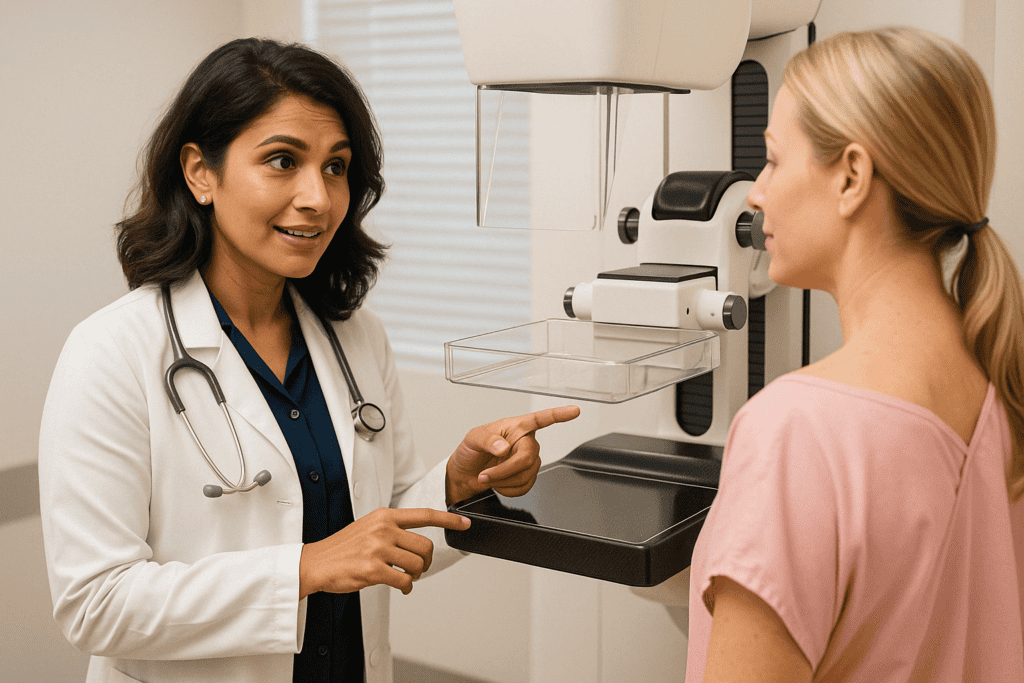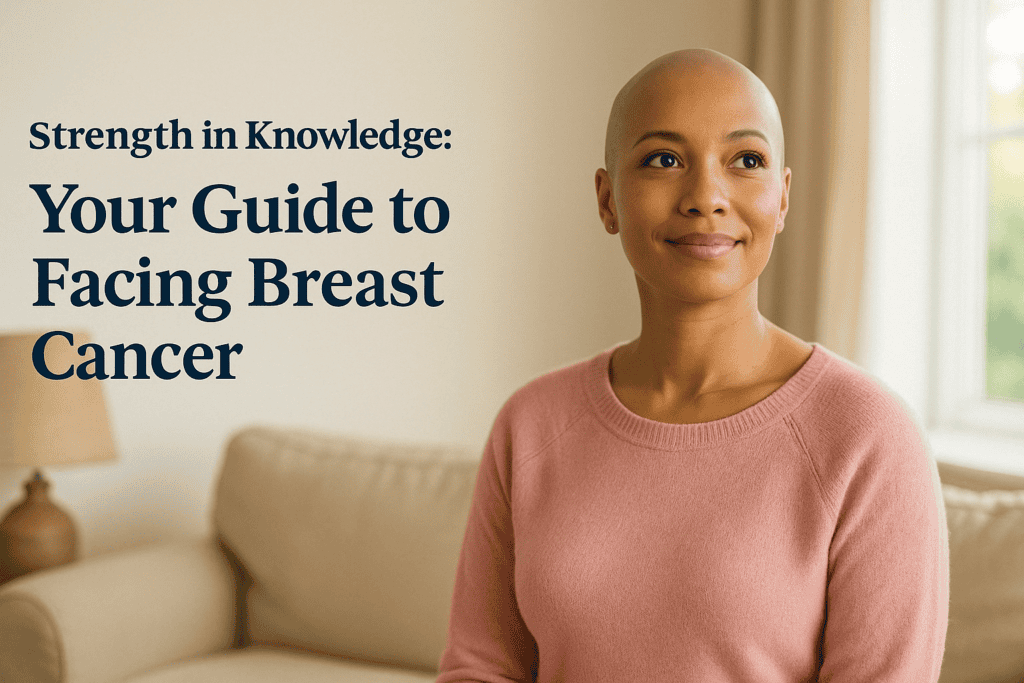Breast Cancer FAQs | Your Guide to Breast Cancer Awareness and Support
Your Breast Health Questions, Answered with Care and Compassion
Welcome to the FAQ page of Breast Health Hope, your trusted resource for breast cancer support and education. Here, we provide clear, expert-backed answers to the questions that matter most to you. Whether you’re seeking insights about prevention, treatment, or emotional support, we’re here to guide you every step of the way with hope and understanding.
Frequently Asked Questions

What is the first sign of breast cancer?
The most common early sign is a new lump in the breast or underarm, but it could also be swelling, skin changes, or nipple discharge. Learn more in our post on breast cancer symptoms.
How often should I get a mammogram?
Most women should start getting mammograms at age 40 and repeat them every 1 to 2 years, depending on their personal risk. Always check with your doctor for a screening plan that fits you.
Does breast pain mean I have cancer?
Usually not. Breast pain is rarely a sign of cancer and is often linked to hormones or benign conditions. But if pain is persistent or unusual, it’s worth getting checked out.

Can diet help reduce my breast cancer risk?
Yes. A balanced diet rich in fruits, vegetables, fiber, and healthy fats can help lower your risk. We break it down in our blog on breast cancer and nutrition.
What are the risk factors for breast cancer?
Some risk factors include age, family history, genetics (like BRCA mutations), hormone levels, and lifestyle habits.
What should I do if I find a lump?
Don’t panic. Most lumps are not cancer, but it’s always best to contact your doctor for an exam and possibly a mammogram or ultrasound.

Is breast cancer hereditary?
About 5–10% of breast cancer cases are linked to inherited genes, like BRCA1 or BRCA2. If you have a strong family history, talk to your doctor about genetic counseling.
Can exercise help prevent breast cancer?
Yes. Regular physical activity—even just walking 30 minutes a day—can help lower your risk and support overall health.
Are there different types of breast cancer?
Yes. The most common is invasive ductal carcinoma, but there are others like lobular, inflammatory, and triple-negative breast cancer. Each type behaves differently and may need different treatment.

What is a dense breast and why does it matter?
Dense breasts have more fibrous and glandular tissue, which can make it harder to spot cancer on a mammogram. If you have dense breasts, your doctor may recommend additional screening.
What’s the best age to start breast self-exams?
You can start in your 20s, though self-exams aren’t a replacement for mammograms. They help you get familiar with what’s normal for your body so you can notice changes early.
Where can I find support after a diagnosis?
You’re not alone. Support groups, therapists, patient navigators, and educational sites like BreastHealthHope.com can offer emotional and practical help.
Reach Out To Us
Looking for more information or curious about how we can help? Connect with us by clicking the button below!
